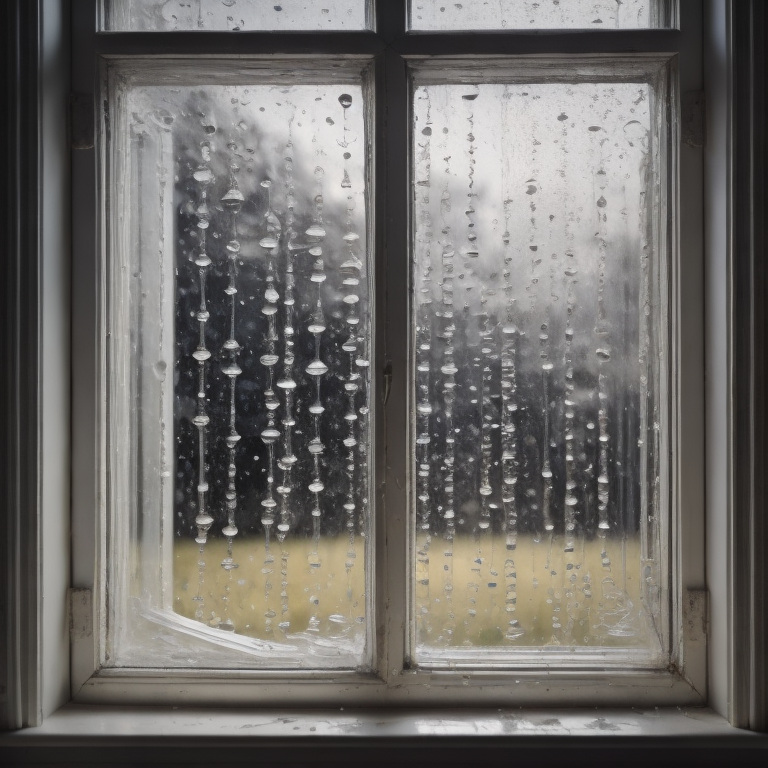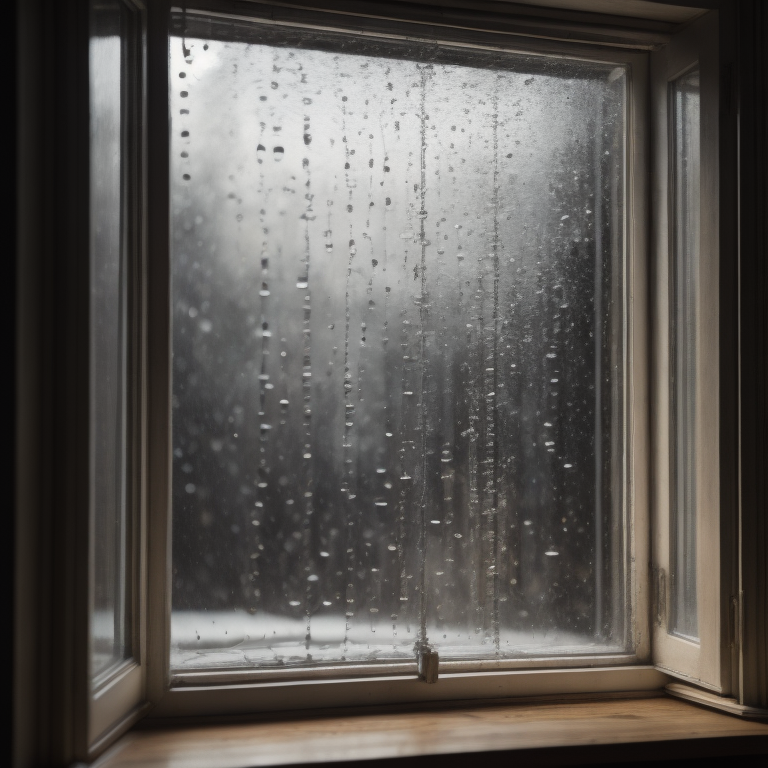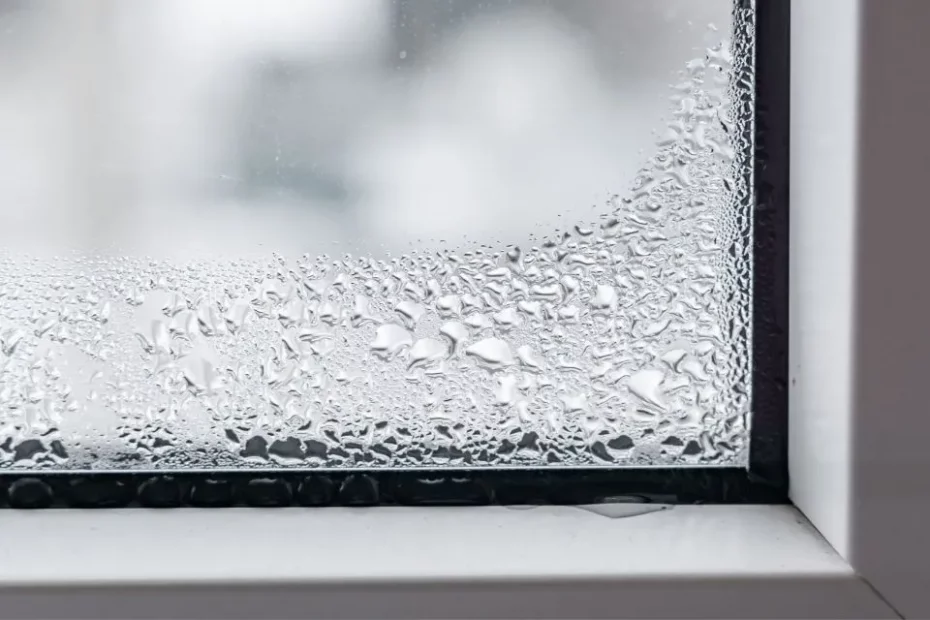Double glazing has become a popular choice for homeowners due to its numerous benefits, including energy efficiency, noise reduction, and increased security but what do you do if you find your double glazing blown?
In this article, we will explore the causes, effects, and solutions if you find your double glazing blown.
Section 1: Understanding Double Glazing
Before delving into the issue of blown double glazing, let’s briefly understand what double glazing entails.
Double glazing refers to the use of two glass panes separated by a layer of insulating gas, typically argon or krypton.
This design enhances insulation, reducing heat transfer and preventing condensation on the inner surface.
Section 2: What Does It Mean When Double Glazing Is Blown?
When we say that double glazing is blown, we are referring to a situation where the seal between the glass panes fails, allowing air or moisture to enter the space between them.
This compromise in the seal can lead to various issues affecting the performance and appearance of the double glazing unit.
Section 3: Causes of Double Glazing Blown
Several factors can contribute to the blowing of double glazing. Here are some common causes:
Age and Wear:
Over time, the sealant used in double glazing units can deteriorate due to exposure to weather conditions, temperature fluctuations, and general wear and tear.
This can result in a compromised seal and eventual blowing.
Poor Installation:
If double glazing units are not installed correctly, with improper sealing or inadequate adhesion, it can lead to premature failure of the sealant, resulting in blown double glazing.
Thermal Stress:
Extreme temperature variations can cause the glass panes to expand and contract, exerting pressure on the seal.
Over time, this stress can weaken the seal, making it more susceptible to failure.
Section 4: Effects of Blown windows
Blown double glazing can have several negative effects on both the performance and aesthetics of the windows. These effects include:
- Reduced Energy Efficiency: When the seal in double glazing fails, the insulating gas escapes, reducing the unit’s ability to prevent heat transfer. This can lead to increased energy consumption and higher heating or cooling bills.
- Condensation and Moisture: The entry of moisture between the glass panes can cause condensation to form, impairing visibility and aesthetics. Additionally, excessive moisture can damage the window frames and contribute to the growth of mold and mildew.
- Loss of Sound Insulation: Blown double glazing may no longer provide effective noise reduction, allowing outside noise to penetrate the home.

Section 5: Solutions for Blown Double Glazing
If you are facing blown double glazing, where the seal between the glass panes has failed, there are several solutions available to address the issue.
The appropriate solution depends on the extent of the damage and the overall condition of the double glazing units.
Here are some common solutions:
1. Repair the seal:
In some cases, it is possible to repair the blown double glazing by replacing the sealant.
This solution is typically more cost-effective than a complete replacement.
A professional window specialist can remove the damaged sealant, clean the area, and apply new sealant to create a secure seal between the glass panes.
This helps restore the insulation and performance of the double glazing unit.
2. Replace the Glass Panes:
If the damage is extensive or the glass panes themselves are compromised, replacing the glass panes is a viable solution.
The new glass panes should be matched to the specifications of the existing unit, including thickness and insulating gas.
This option allows you to retain the window frames and other components while restoring the functionality of the double glazing.
3. Upgrade to New Double Glazing Units:
If your double glazing units are old, inefficient, or prone to repeated failures, it may be worth considering a complete replacement.
Upgrading to newer, more energy-efficient double glazing units can provide enhanced insulation, noise reduction, and overall performance.
New units often come with improved seal technology and superior insulating gases, ensuring better durability and longevity.
4. Seek Professional Guidance:
If you are unsure about the best solution for your blown double glazing, it is advisable to consult with a professional window specialist or a reputable double glazing company.
They can assess the extent of the damage, evaluate the overall condition of the units, and provide expert advice on the most appropriate solution.
Their expertise will help you make an informed decision that suits your needs and budget.
5. Consider Insurance or Warranty Coverage:
If your double glazing units are still under warranty or you have insurance coverage, check if blown double glazing is included in the policy.
Depending on the terms and conditions, you may be able to get financial assistance or have the repairs or replacement covered by the warranty or insurance.
Section 6: Preventive Measures
Preventing blown double glazing is essential to maintain the efficiency and longevity of your windows.
Here are some preventive measures you can take to minimize the chances of double glazing being blown:
Regular Inspection:
Conduct regular visual inspections of your double glazing units to check for any signs of damage or deterioration.
Look for cracks, gaps, or condensation between the glass panes. Inspect the window frames for any signs of wear or damage as well.
Maintain Proper Ventilation:
Good ventilation helps to reduce moisture buildup, which can contribute to the deterioration of the sealant in double glazing units.
Ensure that your home has proper ventilation, especially in areas prone to high humidity, such as kitchens and bathrooms.
Avoid Abrasive Cleaning Materials:
When cleaning your double glazing windows, use non-abrasive cleaning solutions and soft cloths or sponges.
Avoid using harsh chemicals or abrasive materials that can damage the sealant or scratch the glass surface.
Maintain Consistent Indoor Temperatures:
Extreme temperature fluctuations can strain the sealant in double glazing units.
To minimize thermal stress, try to maintain a consistent indoor temperature.
Avoid rapid changes in temperature by gradually adjusting your heating or cooling systems.
Choose Quality Materials:
When purchasing double glazing windows, opt for high-quality materials from reputable manufacturers.
Quality materials are more likely to withstand environmental factors and offer better longevity and performance.
Regular Maintenance:
Schedule regular maintenance for your double glazing windows, including professional inspections and servicing if necessary.
Regular maintenance can help identify and address any potential issues before they escalate.
Consider Warranty and Insurance:
When investing in double glazing windows, check for warranties offered by the manufacturer or installer.
Additionally, consider insuring your windows against potential damage or failure. This provides added protection and peace of mind.

If you find your double glazing blown it can be a frustrating problem for homeowners, impacting both the functionality and appearance of windows.
Understanding the causes, effects, and available solutions is crucial for addressing this issue effectively.
By taking preventive measures and promptly addressing any signs of blown double glazing, homeowners can maintain the benefits of double glazing and ensure long-lasting performance.

